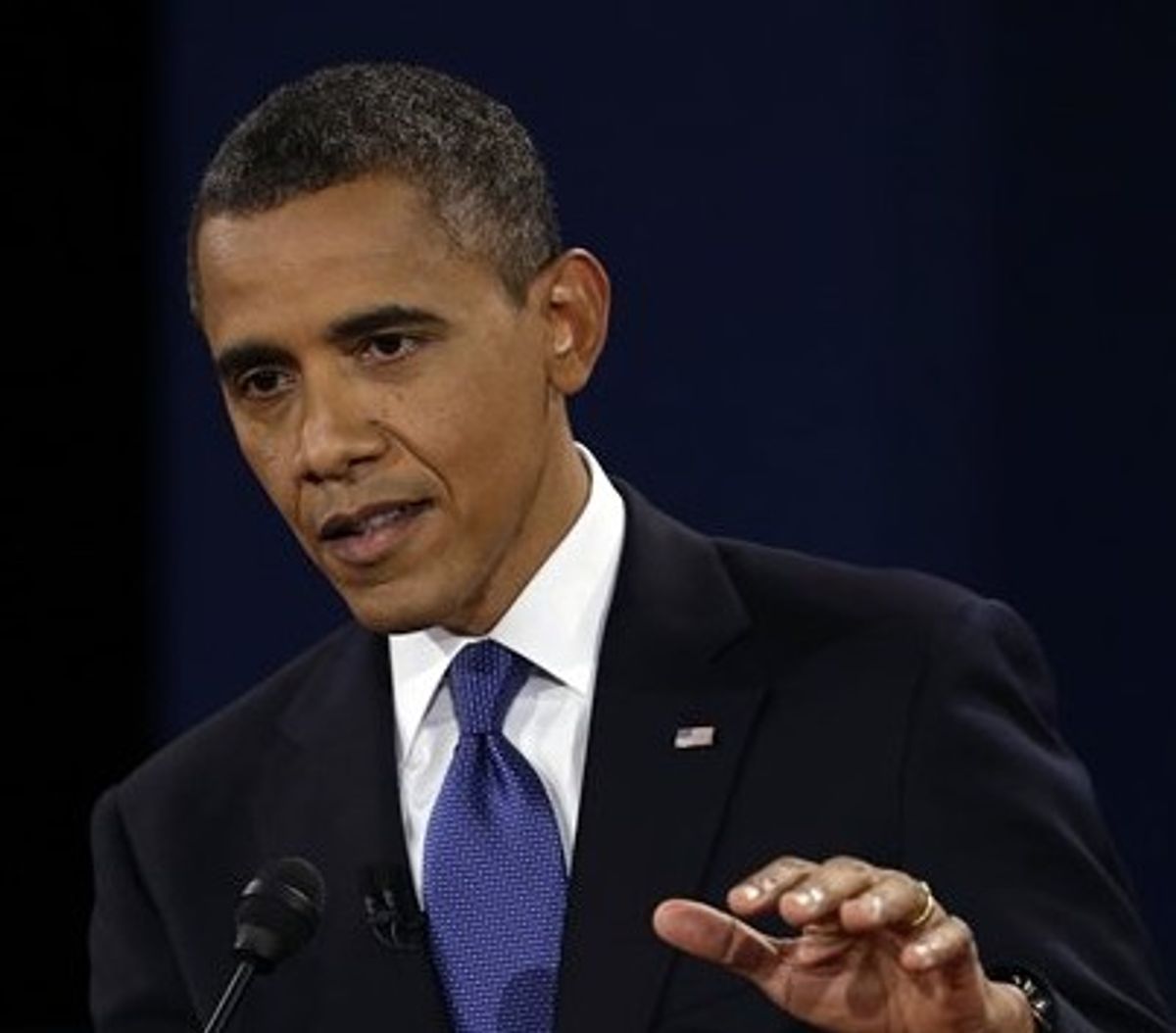The White House is breathing easier this morning. The Bureau of Labor Statistics reports the unemployment rate dropped to 7.8 percent – the first time it’s been under 8 percent in 43 months.
In political terms, headlines are everything – and most major media are leading with the drop in the unemployment rate.
Look more closely, though, and the picture is murkier. According to the separate payroll survey undertaken by the BLS, just 114,000 new jobs were added in September. At least 125,000 are needed per month just to keep up with population growth. Yet August’s job number was revised upward to 142,000, and July’s to 181,000.
In other words, we’re still crawling out of the deep crater we fell into in 2008 and 2009. The percent of the working-age population now working or actively looking for work is higher than it was, but it's still near a 30-year low.
But at least we’re crawling out.
Romney says we’re not doing well enough, and he’s right. But the prescriptions he’s offering – more tax cuts for the rich and for big companies – won’t do anything except enlarge the budget deficit. And the cuts he proposes in public investments like education and infrastructure as well as safety nets like Medicare and Medicaid, will take money out of the pockets of people who not only desperately need it but whose spending is necessary to keep the tepid recovery going.
Romney promises that, if he's elected, the economy will create 12 million new jobs in his first term. If we were back in a normal economy, that number wouldn’t be hard to reach. Bill Clinton presided over an economy that generated 22 million new jobs in eight years – and that was more than a decade ago when the economy and working-age population were smaller than now.
Both Obama and Romney assume the recovery will continue, even at a slow pace, and that we’ll be back to normal at some point. But I’m not at all sure. “Normal” is what got us into this mess in the first place. The concentration of income and wealth at the top has robbed the vast middle class of the purchasing power it needs to generate a full recovery – something that was masked by borrowing against rising home values but can no longer be denied. Unless or until this structural problem is dealt with, we won’t be back to normal.



Shares